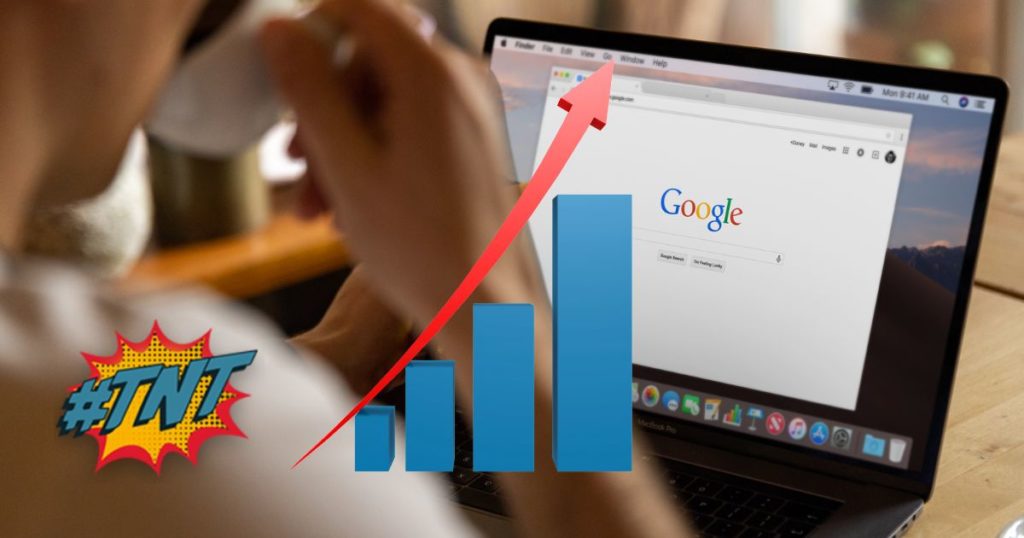
When you search on Google, you probably type in things like “pizza near me” and a list of national chains and local pizza places pop up. Did you know 46% of all Google searches are looking for local information, and more importantly, 97% of search engine users have searched online to find a local business. It can be easy for your business to get lost in the mix if you don’t rank well. But, how does a local business rank well on Google in the first place?
What Impacts Your Rank?
According to Google, local search rankings are based on three primary factors: relevance, distance, and offline and online prominence of your business.
Relevance refers to how well your business listing or the content of your website matches what a user is searching for. We’re always telling you that if your website doesn’t contain the words and content that people are searching for, Google won’t think you’re relevant to that searcher.
Distance refers to the distance between your listing’s location on Google and the location of the user who did the search.The closer your business is to the searcher, the higher you’re likely to rank. Now sometimes service businesses, people who go out to their customer’s location or can do business online, will claim the whole US or a very large service area, but that can actually work against you as you are local to no one. Even though you may have the ability to service customers anywhere, in order to show up for local queries about what you do, you should be more specific in your service area in your Google profile.
Prominence refers to the offline and online visibility of your business. Offline would be like a famous museum, landmark hotels, or well-known store brands. Online prominence is determined on the kind of information available on the web about your business — including the quantity and quality of online reviews and ratings.
Improve Your Local Visibility
So how do you go about improving your local visibility? Well one of the most effective and fundamental ways is to claim your online listings and manage your brand information on your Google Business Profile. Remember, this is the new name for Google My Business, and your Google Business Profile impacts how you show up both in Google Search and Google Maps.
It’s important to be as detailed as possible when entering your business information. Make sure you’re completing your profile to include the correct categories, map location and/or the service area, your phone number, your website URL, and the hours of operation. Adding high-quality photos and videos also make your listing more appealing to Google and searchers.
A Good Review Makes All the Difference
People care about reviews! Google knows this and they make it clear that online reviews affect your local rankings. Make sure you have a strategy for asking for reviews. To get the review you have to ask. You should also respond to all reviews, negative and positive. Not only does responding to reviews help drive engagement and show you are a going concern; it also shows that your brand values feedback. It’s all a part of building that “know, like and trust” about your business.
The bottom line is this. To show up for people locally looking for your products or service, having complete, detailed, and up-to-date business information in your profile improves your relevance. And this translates to increased traffic and revenue for you.
Links in this episode: What Factors Affect Local SEO?
Optimizing Your Local Business For Voice Search
Do Titles Matter For Search Engine Optimization?
Show Up In Local Search Results

